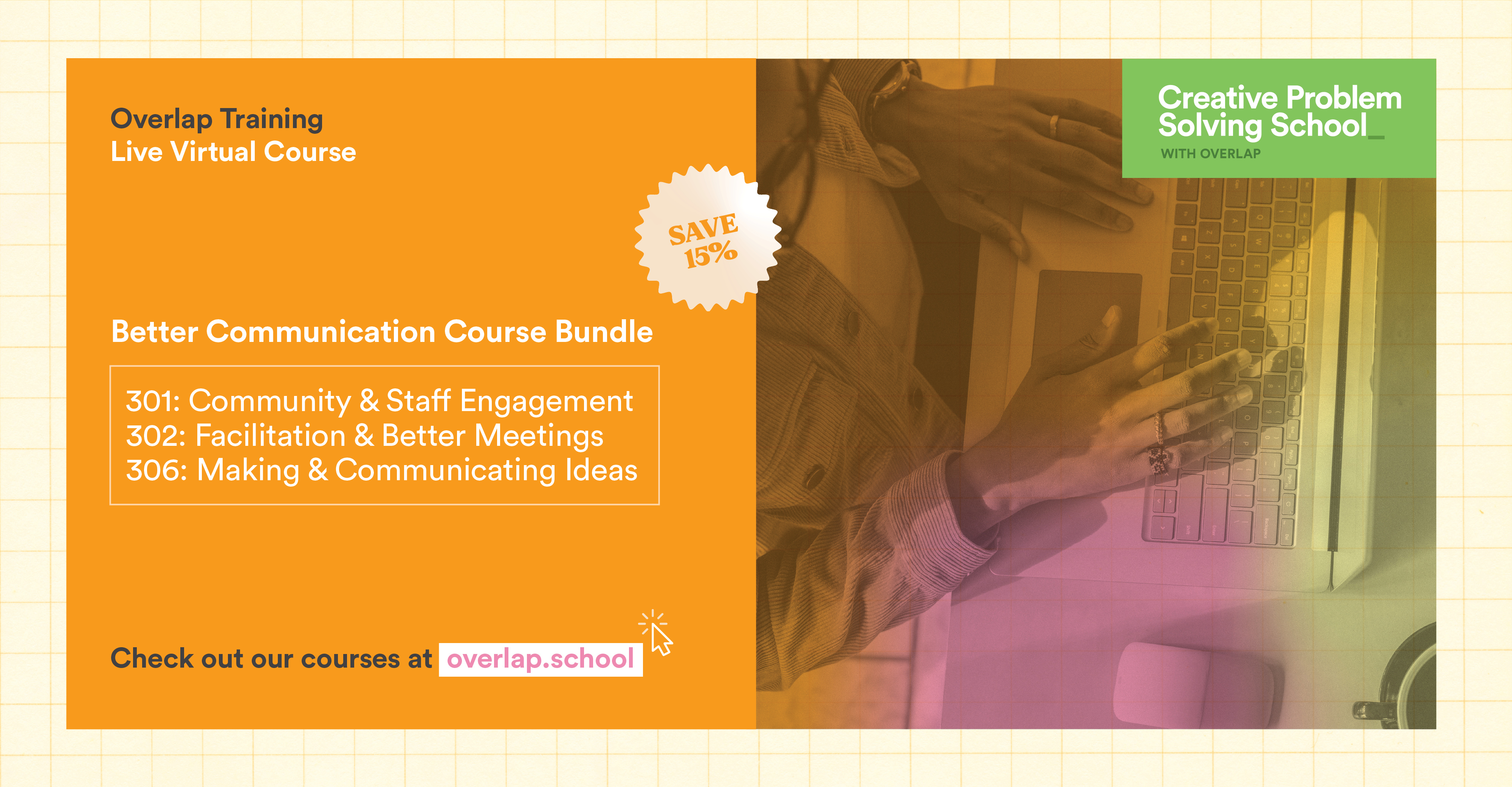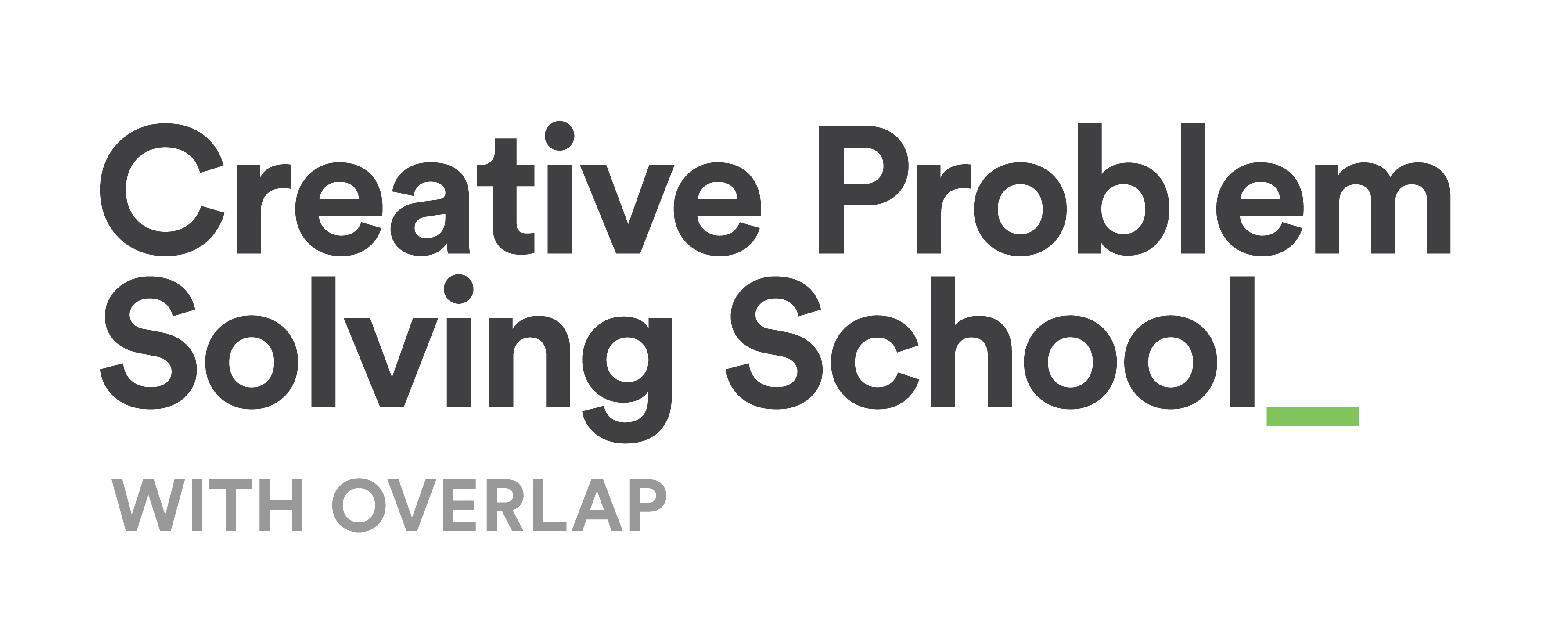About the course
The ORID method creates a powerful balance between structured conversations and dynamic interactions to promote creative thinking. This framework helps facilitators guide groups through complex decision-making by holistically assessing the issue at hand.
In this course, you will develop key facilitation skills such as role modelling and active listening while learning how to use HCD tools to guide group conversations in virtual and non-virtual workspaces.
Modules
Ask the right questions
Learn the specific techniques for facilitating group discussions using the focused conversation method and explore the theory behind what fosters effective meetings.
Guiding groups through decision-making
A practical, hands-on session where participants can hone their new skills by practicing the principles of facilitation in a risk-free environment. Each participant will have the opportunity to guide a group conversation using the focused conversation method.
Learning Outcomes
By the end of this course, you will know how to create an environment that empowers people to add value in meetings. With a clear purpose and follow-up action items, your meetings will make your organization more efficient and results-driven.
What you will learn:
- Intentional impact: building a practice of grounding yourself before each and every session
- Active listening: how to listen and respond to individuals to improve mutual understanding
- Facilitation: guiding discussions to help participants capture, evaluate, and merge ideas
- Gratitude: foster an environment of trust, respect, and inclusion
- Facilitating in a virtual workspace: using tools to overcome digital fatigue and maximize participant engagement in a virtual space
Facilitation & Running Better Meetings
Creative Problem Solving: 302
(Live Online Cohort)
November 2 & 4, 2022
9am-12pm EST

Are you interested in becoming a better communicator? You can save over 15% by registering for our Better Communication Bundle, which includes: 301) Community & Staff Engagement Foundations, 302) Facilitation & Better Meetings, and 306) Making & Communicating Ideas. Sign up for all three courses today and save!

